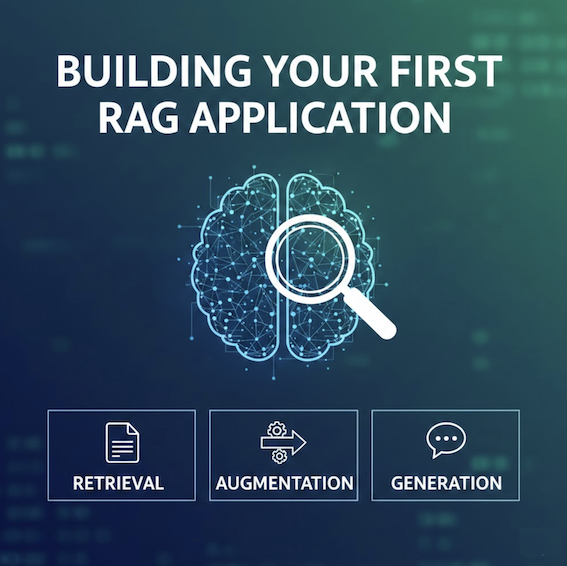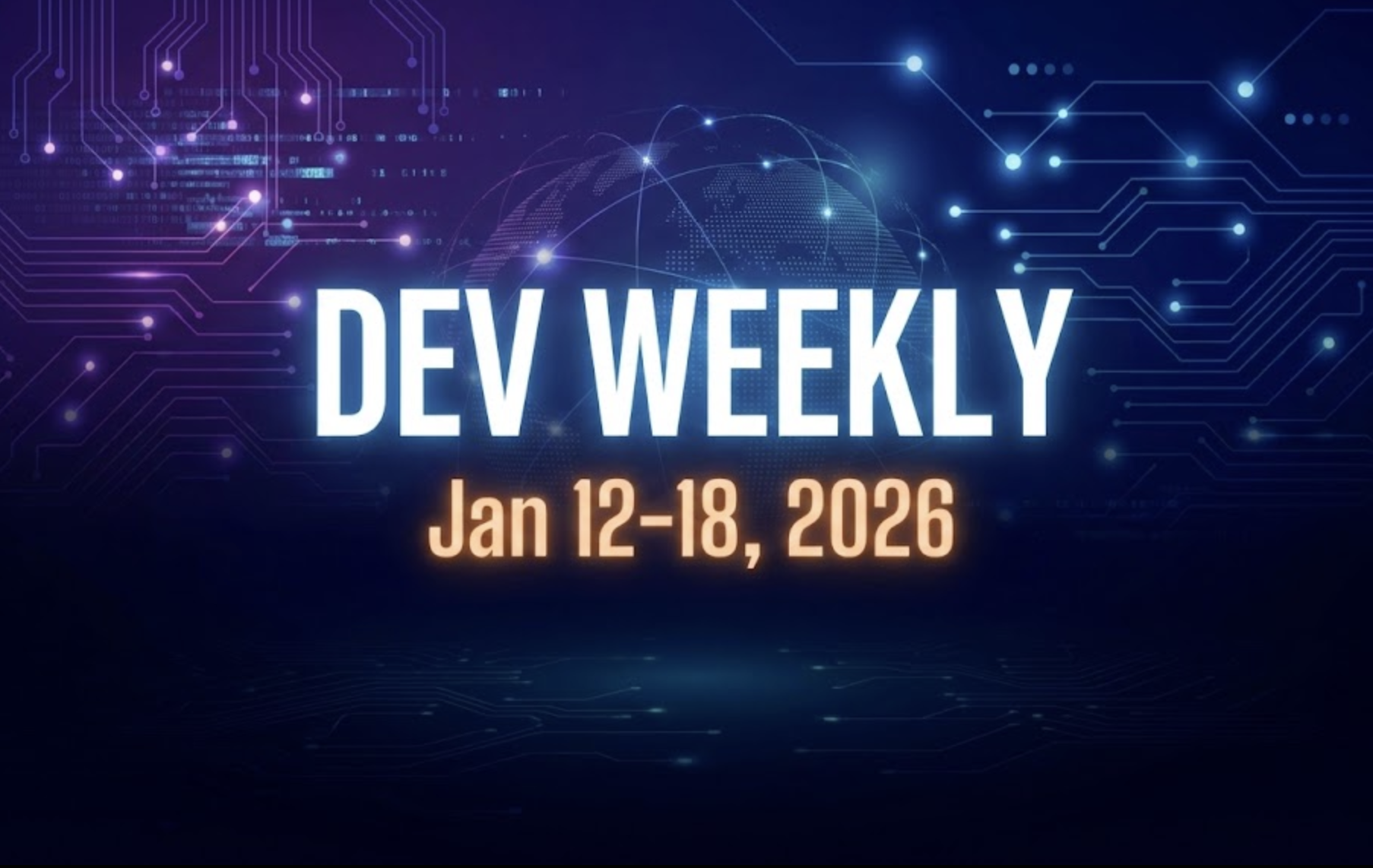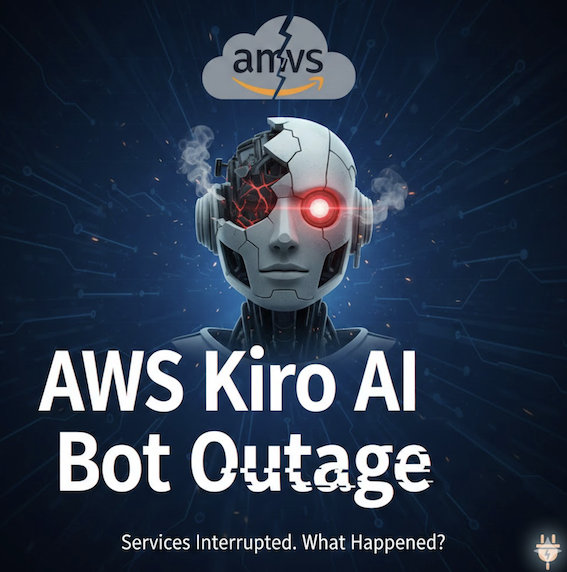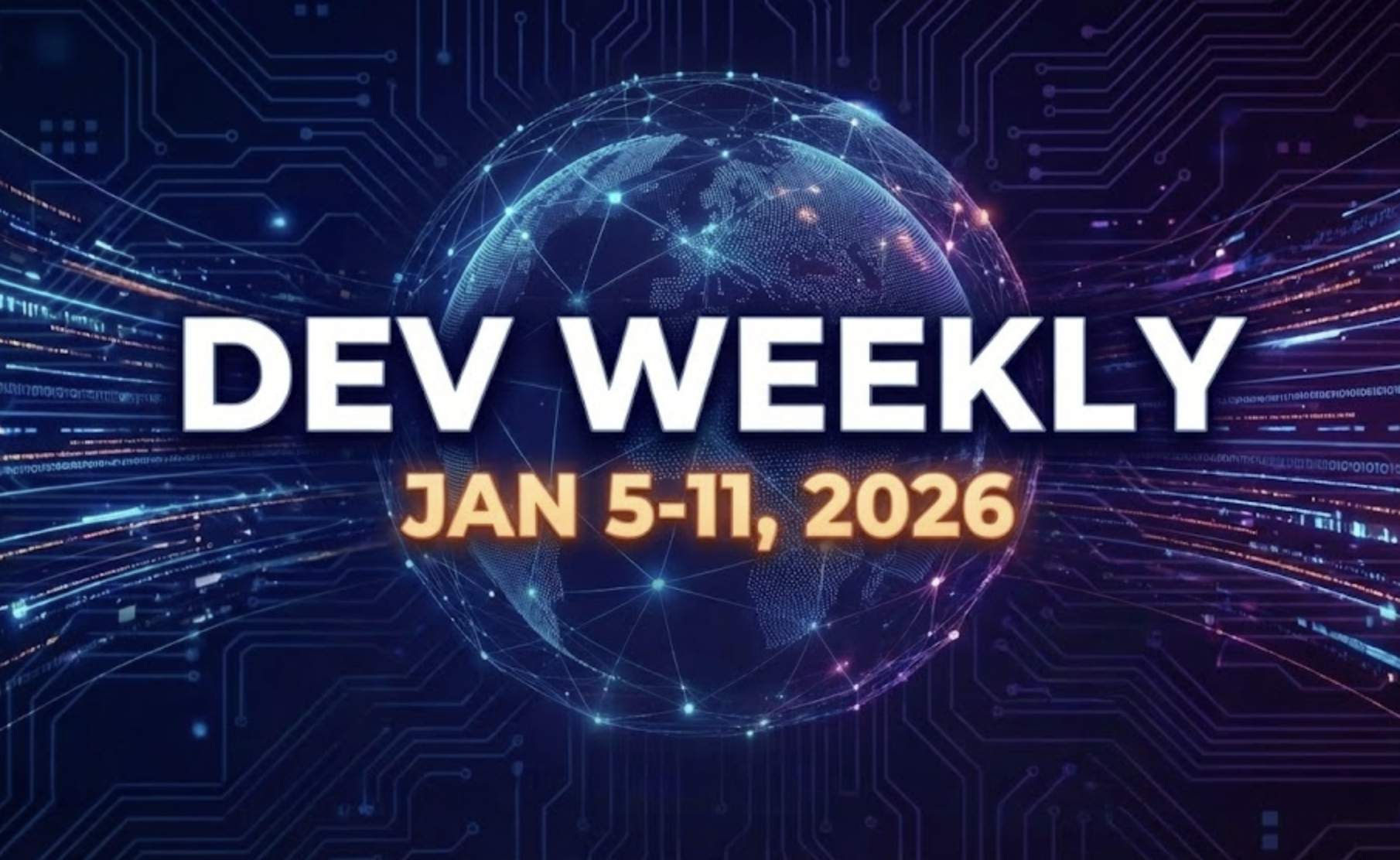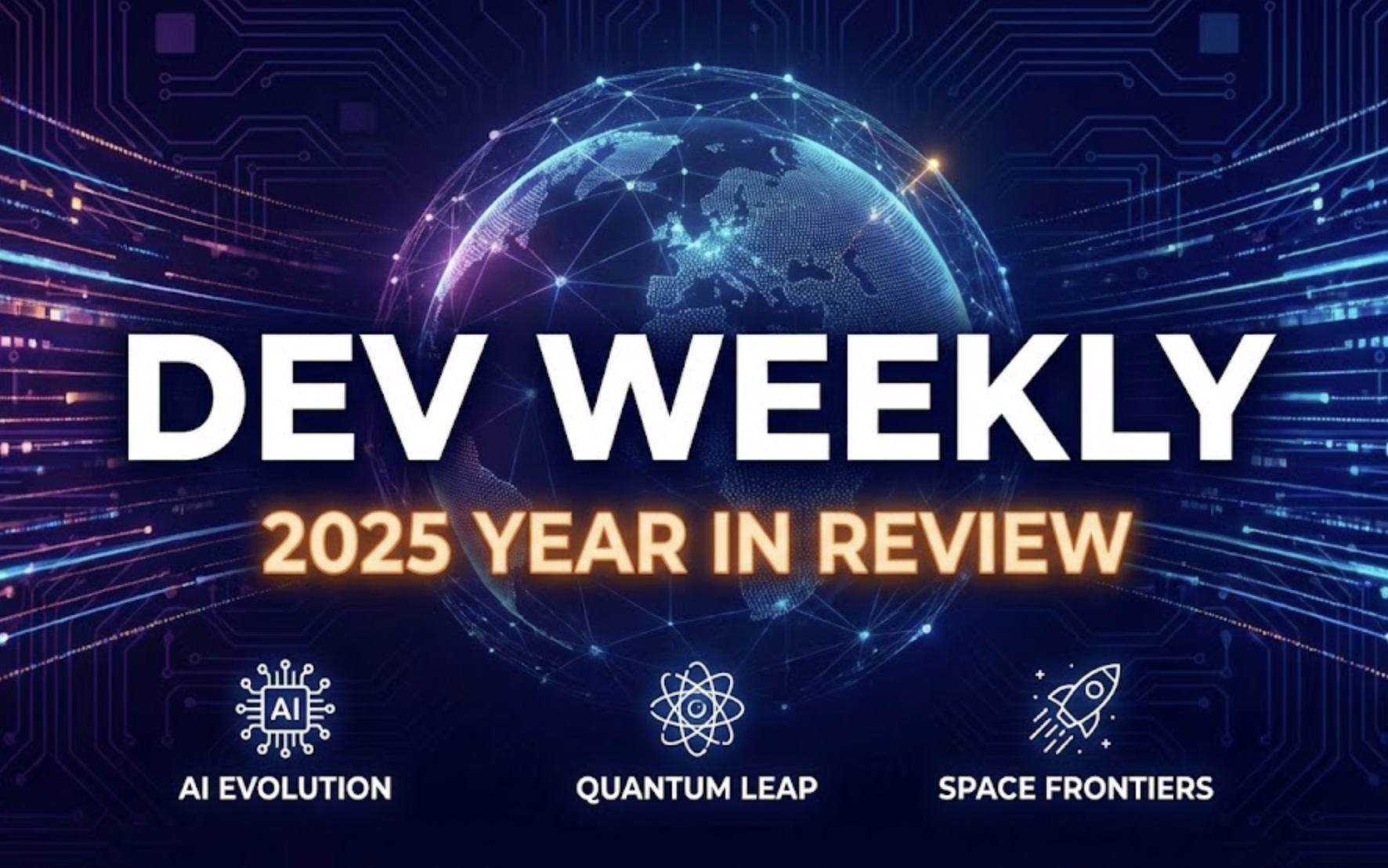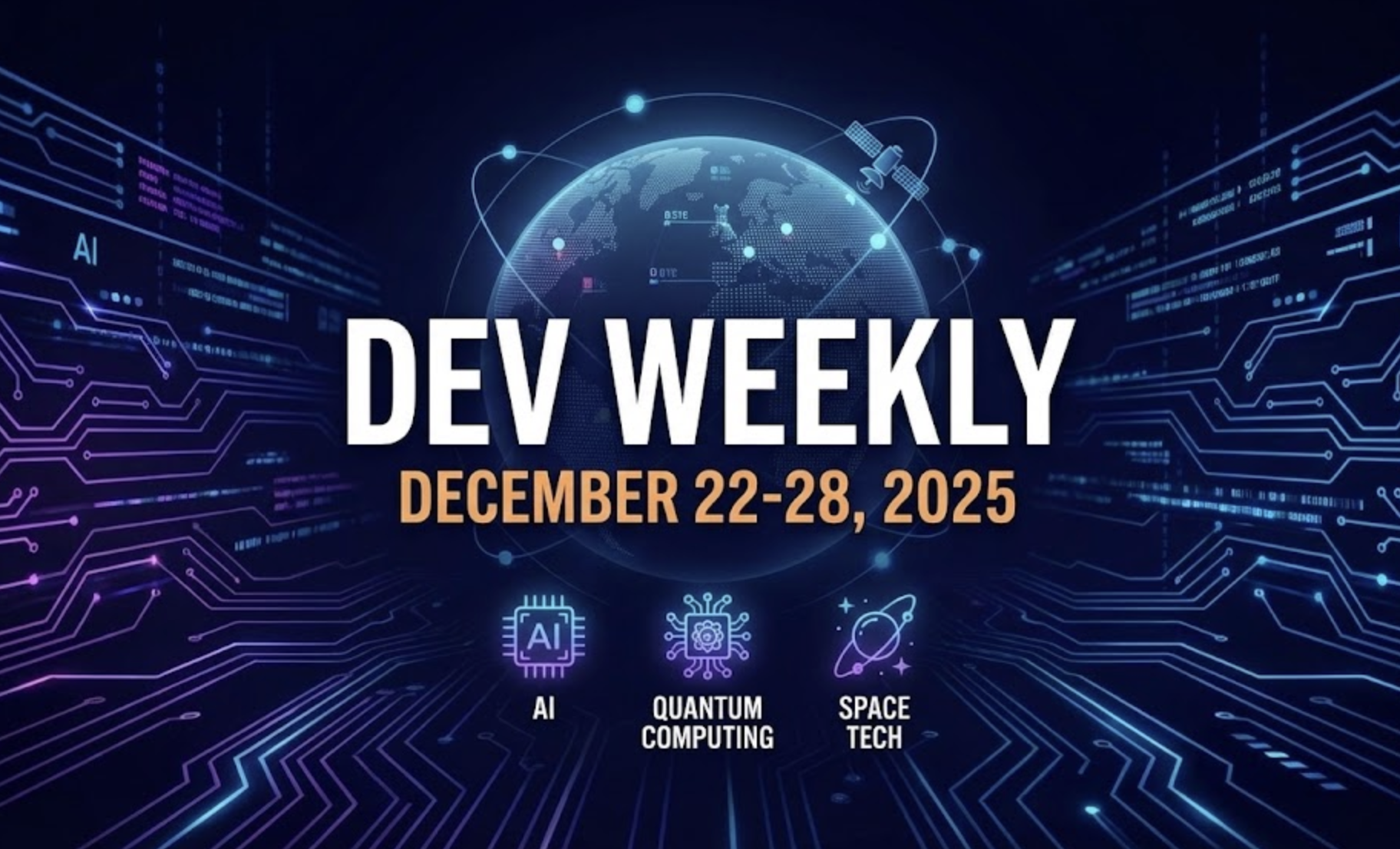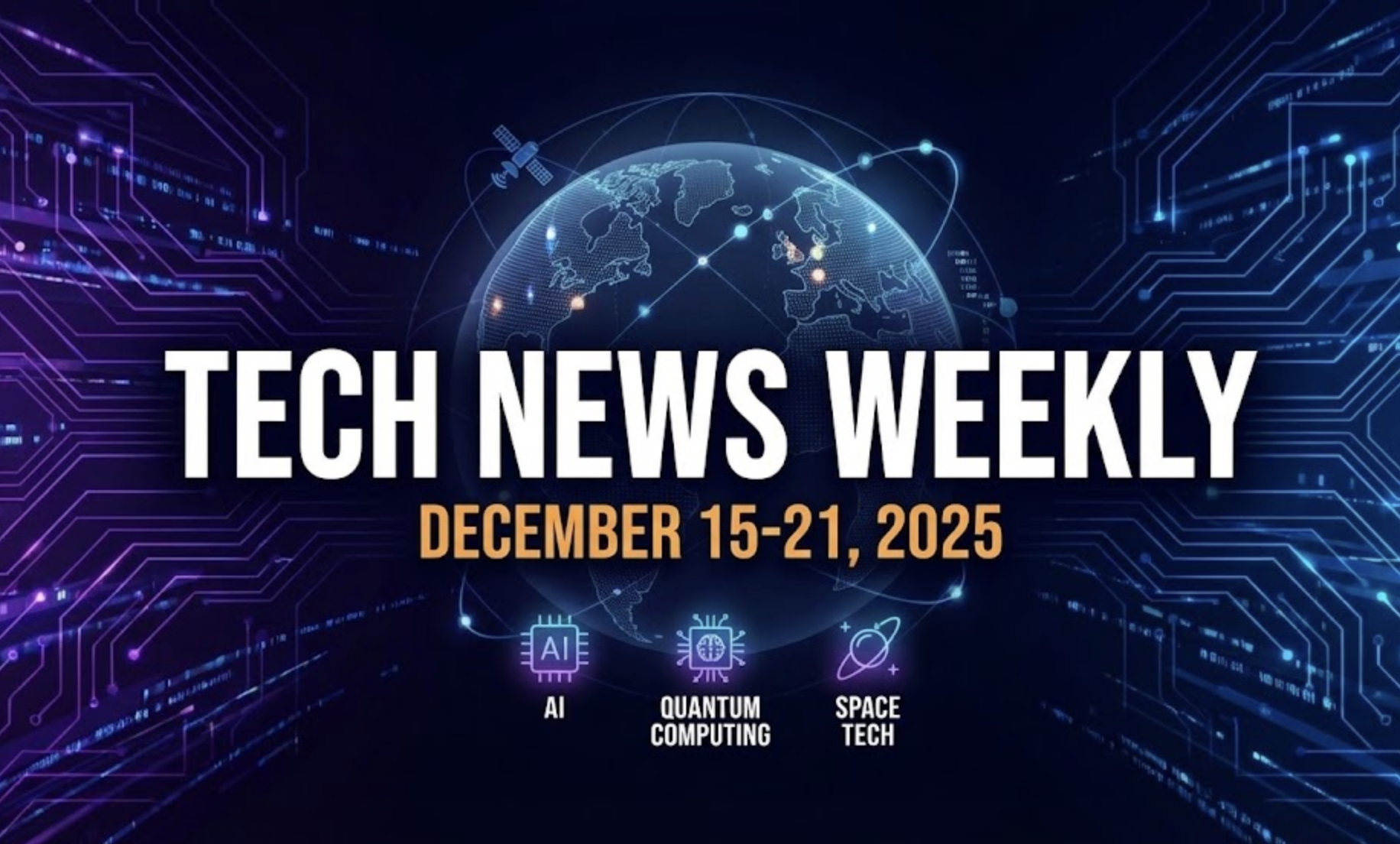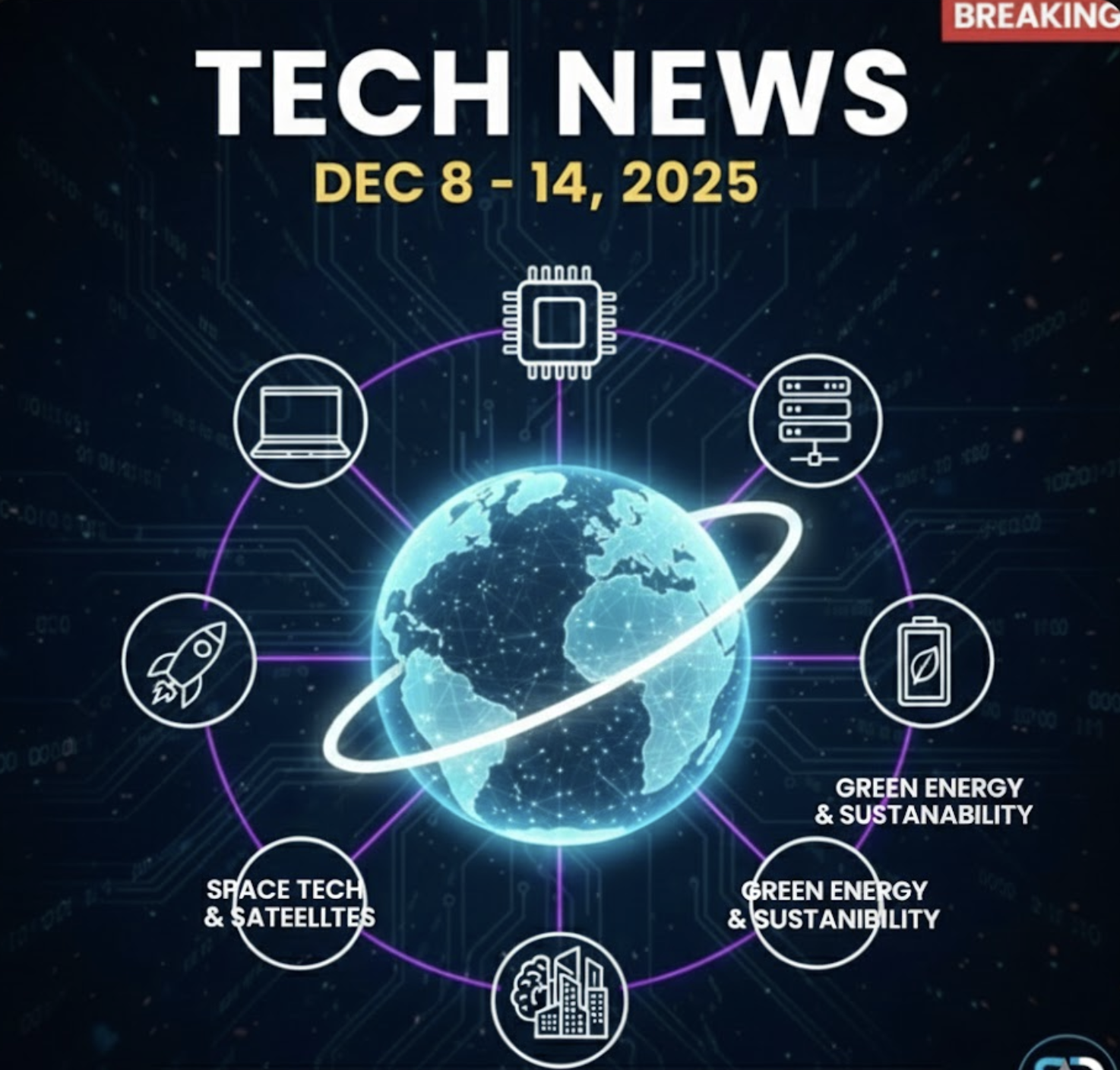This week delivered some jaw-dropping stories that had developers debating everything from AI adoption policies to the future of chip manufacturing. From a CEO’s controversial firing decisions to government bailouts, here’s what dominated our feeds:
🔥 Coinbase CEO fires engineers for not using AI - 🌐 Brian Armstrong made waves by explaining why he let go of engineers who didn’t immediately try AI tools, calling it essential for staying competitive.
🤖 GitHub launches agents panel - 🌐 You can now delegate coding tasks to Copilot from anywhere on GitHub and track progress as it works in the background.
💰 US government takes 10% stake in Intel - 🌐 After SoftBank’s $2B investment, the government stepped in with its own rescue package for the struggling chip giant.
🏢 Corporate Shakeups & Big Money Moves
The Coinbase AI Ultimatum
Brian Armstrong sparked heated debate this week when he defended firing engineers who didn’t immediately try AI tools. His logic? In a fast-moving industry, you can’t wait for people to come around to game-changing technology.
This isn’t just about one company’s policy - it reflects the growing pressure developers face to adapt to AI tools. Whether you agree with the approach or not, it’s clear that AI adoption is becoming a career requirement, not just a nice-to-have skill.
The takeaway: Companies are getting serious about AI adoption, and waiting on the sidelines might not be an option much longer.
Intel Gets Multiple Lifelines
Intel had quite the week. First, SoftBank threw them a $2B lifeline, then the US government announced plans for a 10% stake. This isn’t just about one company - it’s about national security and maintaining domestic chip manufacturing capabilities.
For developers, this matters because Intel’s struggles have ripple effects across the entire hardware ecosystem. A stronger Intel means more competition with NVIDIA and potentially better options for both traditional computing and AI workloads.
The M&A Frenzy Continues
Enterprise software companies went on a buying spree this week, reshaping the developer tools landscape:
SAP completes LeanIX acquisition - This purchase strengthens SAP’s process intelligence capabilities, giving enterprises better visibility into their business workflows and optimization opportunities.
Zoom acquires AI translation startup - The move enhances Zoom’s real-time meeting capabilities with AI-powered translation, making global collaboration more seamless.
IBM buys Apptio for $4.5B - IBM’s biggest acquisition focuses on cloud cost management, helping enterprises optimize their growing cloud spending as workloads migrate to the cloud.
Databricks completes MosaicML acquisition - This deal strengthens Databricks’ position in the generative AI space, giving them better tools for training and deploying large language models.
These acquisitions show how companies are doubling down on AI capabilities and cloud optimization - two areas where developer expertise is becoming increasingly valuable.
Apple Prepares for Enterprise AI
Apple quietly rolled out new ChatGPT configuration options for enterprise customers, signaling their serious push into business AI. This move positions them to compete with Microsoft’s dominance in enterprise AI tools.
The enterprise focus suggests Apple sees AI as more than just a consumer feature - they want a piece of the business productivity market that’s driving so much AI investment.
🛠️ Developer Tools & Platforms
GitHub’s Agent Revolution Continues
The new agents panel lets you delegate coding tasks to Copilot from anywhere on GitHub. Think of it as having a persistent AI pair programmer that can work on tasks while you focus on other things.
Key features:
- Launch tasks from any GitHub page
- Track progress in real-time
- Get tagged for review when complete
- Works across repositories and organizations
This builds on GitHub’s vision of AI agents that don’t just suggest code but actually complete entire features. It’s another step toward the “agentic workflows” that everyone’s talking about.
MCP Servers: The New Developer Superpower
Model Context Protocol servers are becoming the secret sauce for extending AI capabilities. GitHub published a detailed guide on building your first MCP server, complete with a turn-based game example.
Why this matters: MCP servers let you give AI tools custom capabilities specific to your domain. Instead of general-purpose AI, you can create specialized assistants that understand your codebase, APIs, and workflows.
The barrier to entry is surprisingly low - you can build a working MCP server in an afternoon and suddenly have AI tools that know exactly how your systems work.
⚡ Infrastructure & Cloud
Meta’s Data Center Power Play
Meta got approval for gas power plants to support their $10B data center, despite environmental concerns. This highlights the massive energy demands of AI infrastructure and the hard choices companies face.
The decision also shows how AI training and inference workloads are reshaping energy policy. Every major tech company is scrambling to secure reliable power for their AI ambitions.
Nvidia’s H20 Chip Drama
Nvidia reportedly halted production on H20 AI chips amid regulatory uncertainty. The Commerce Department backlog is creating bottlenecks for companies trying to get AI hardware approved.
This regulatory friction is pushing companies to diversify their AI infrastructure strategies and consider alternative chip providers. It’s also driving more investment in domestic chip manufacturing.
🧠 AI & Machine Learning
Anthropic Bundles Claude Code
Anthropic integrated Claude Code directly into their enterprise plans, making advanced code generation available to business customers without additional setup.
What’s included:
- Multi-language code generation and debugging
- Codebase-aware suggestions
- Enterprise-grade security and compliance
- Integration with existing development workflows
This move puts pressure on OpenAI and GitHub Copilot to improve their enterprise offerings. The AI coding assistant market is heating up as companies realize how much developer productivity these tools can unlock.
The AI Development Workflow Evolution
Between GitHub’s agent panel, Claude Code integration, and MCP servers, we’re seeing the emergence of truly agentic development workflows. AI isn’t just suggesting code anymore - it’s completing entire features, managing tasks, and integrating with your existing tools.
The question isn’t whether AI will change how we code, but how quickly we’ll adapt to these new collaborative workflows.
📊 Platform Updates
Git 2.51: Cruft-Free Repository Management
The latest Git release introduces cruft-free MIDXs (multi-pack-index), significantly improving repository management and performance. This update tackles one of Git’s long-standing issues with repository bloat.
Key improvements:
- Better performance for large repositories with cruft-free MIDXs
- Improved merge conflict resolution
- Enhanced security features
- Streamlined command-line experience
For developers working with large codebases, this update should provide noticeable performance improvements during common operations like fetch and clone.
Browser Wars: Firefox and Translation
Firefox 142 shipped with enhanced client-side translation features, pushing back against Chrome’s dominance in web browsing. The focus on privacy-first translation keeps your data local instead of sending it to cloud services.
Open Source Tool Updates
The open source ecosystem saw several significant releases:
- LibreOffice 25.8 - New productivity features for office workflows
- Thunderbird 142 - PDF signing capabilities and enhanced security
- HandBrake 1.10.1 - Better video encoding compatibility
- Ventoy 1.1.06 - Improved bootable USB creation
- PowerDNS Server 5.0 - Enhanced DNS server performance
- Calibre 8.9 - Better ebook management features
- NetBeans 27 - IDE improvements for Java developers
Stack Overflow Chat Renewal
Stack Overflow announced a major revamp of their chat system, focusing on real-time collaboration and community building. The new chat aims to bridge the gap between Q&A and ongoing developer discussions.
This update reflects Stack Overflow’s broader effort to remain relevant in an era where developers increasingly turn to Discord, Slack, and AI tools for help.
🎯 The Numbers Game
- $4.5B - IBM’s acquisition of Apptio for cloud cost management
- $2B - SoftBank’s investment in Intel
- 10% - Government stake in Intel
- 100MW - Solar power Meta is adding from US-made equipment
- 330+ - Data centers in Cloudflare’s global network
- 200MB - New limit for AWS Lambda response streaming (10x increase)
- 27 - NetBeans IDE version released with new Java development features
Found something we missed? Have thoughts on any of these stories? Drop a comment below - we’d love to hear from you.
